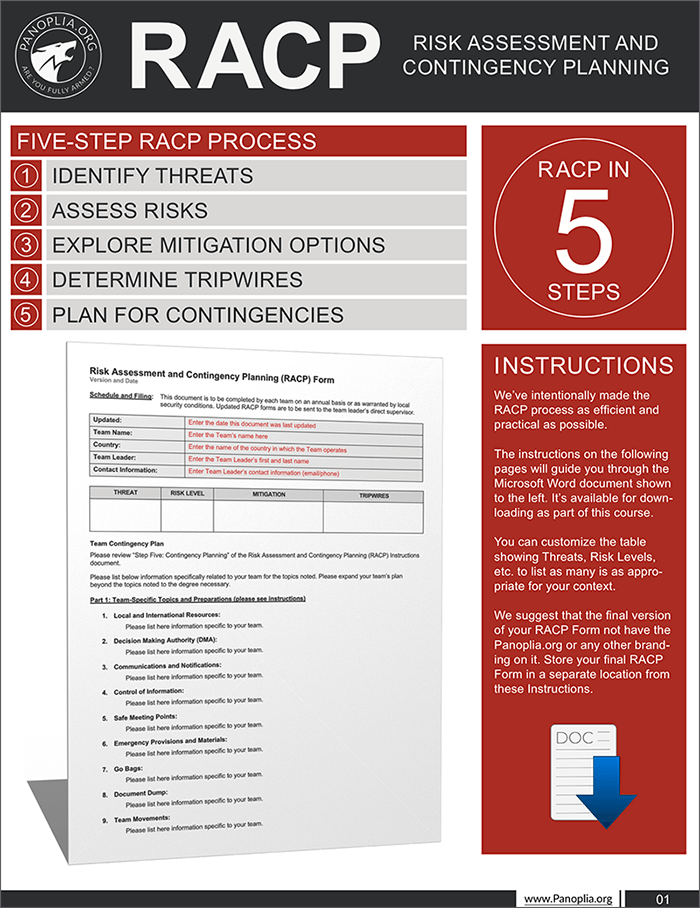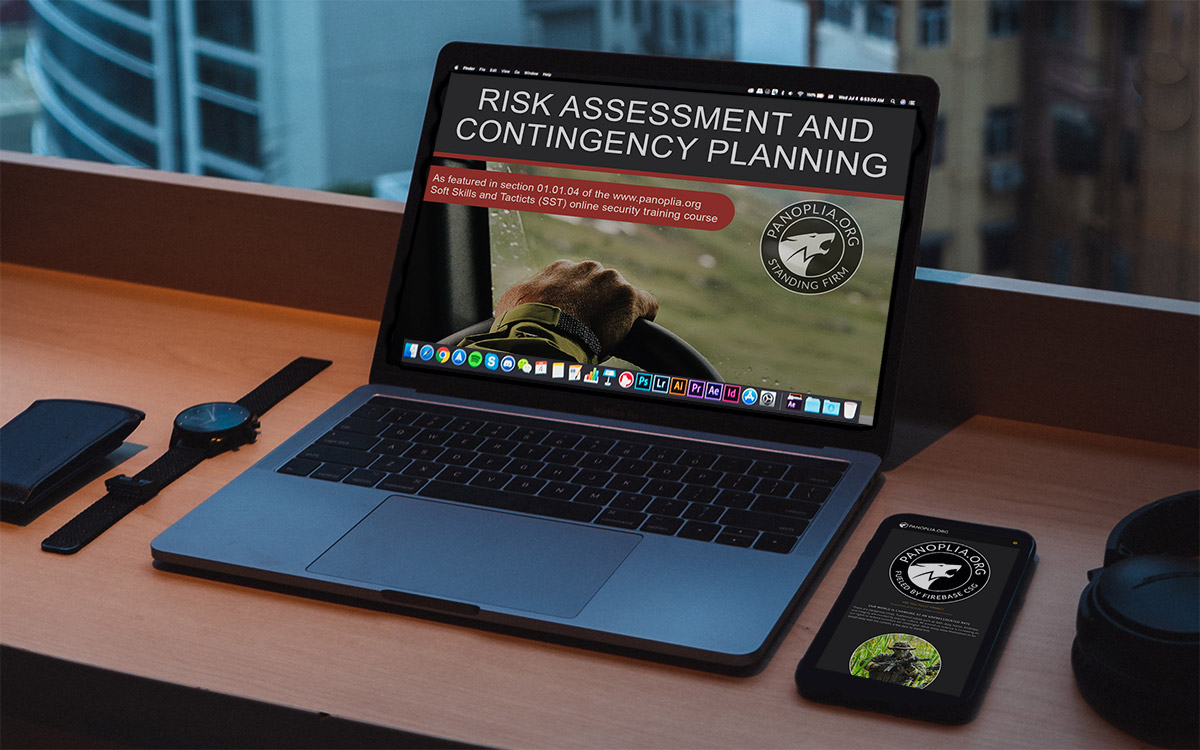Imagine for a moment that you live in an area where civil unrest is increasing daily. Food shortages are becoming a reality. You’ve heard reports that armed gangs of young men are breaking into businesses and homes in large cities. Footage of violent protests and rioting in urban centers are on the evening news. There are rumors that this type of unrest may reach your area before long. No one wants to talk about it, yet civil war is a possibility. You have the opportunity to move your family to a location that may be safer, yet you’re unsure if you should move, and if so, when. Traveling might present more of a risk than staying where you are.
Thousands of people don’t have to imagine such a scenario. This type of situation is played out in various parts of the world on a regular basis. Myself and my family have found ourselves in similar circumstances while living overseas, as have many teams and individuals whom we advise to this day.
There are few things more stressful than finding yourself in a situation like this and having no idea what to do. This is especially true if you’re the one others look to for decisions. The best option at such a critical time is to have in hand a Risk Assessment and Contingency Planning (RACP) document that outlines exactly which action steps need to be taken, and when. It also has all the contact information you need, and offers a number of alternative evacuation routes and means of travel. In fact, a sound RACP document would likely have been pulled out and followed weeks before you found yourself facing the scenario outlined above.
So how does a RACP document magically appear exactly when you need it? The answer is that it’s developed and/or updated on an annual basis, or more regularly as security conditions warrant. RACP documents are developed in the cold light of reason and calm, long before things start to go bad. They include information you’ve collected on your own, as well as input from local friends, security managers, etc.
As shown below, Page 01 of the Panoplia.org Risk Assessment and Contingency Planning instruction booklet outlines the five-step process to be followed:

The remainder of this PDF document walks you through the five steps as you fill out your RACP Form.
The Panoplia.org Soft Skills and Tactics (SST) course topic 01.01.04 focuses on the RACP process. The PDF booklet and the accompanying RACP Form are offered as free downloads as part of this topic. These documents are based on years of experience, and have been updated based on recent real-world lessons.
There’s no substitute for advanced planning. Considering likely and less-likely scenarios before they become a reality, and determining in advance what steps to take when certain conditions (tripwires) are met, allows one to follow the action steps that have been developed in advance for the particular scenario. Maps, contact information, routes, resources, actions steps, etc. are just some of the items that you’ll already have in place by using the RACP document for advanced planning.
No RACP document is perfect, and not all possible scenarios can be anticipated, yet we’ve found through experience that preparations for a variety of scenarios in a given area often cover a wide range of issues. For example, those who planned in advance for civil unrest and set aside 3-6 months of water, food, medications, and related resources have likely fared better during the current Pandemic than those who had not planned for an emergency situation at all. Had the COVID-19 situation been far worse than it has been, large-scale civil unrest could well have been more of an issue than it has to date.
No matter what threat you and your family may face in the future, we encourage you to take the SST course now. The Risk Assessment and Contingency Planning topic is just one of 45 subject-matter areas covered in the course. Adding the RACP process and the other areas to your skill-set will help you to be ready for a variety of scenarios. With the 2020 elections coming up soon, and the possibility that a Socialist may be elected as President in 2020 or 2024, a degree of unrest is not outside the realm of possibility. Using the RACP process to think through possible scenarios now will serve you well in the event that unrest becomes a reality, and your family and friends look to you for answers and action steps.




0 Comments